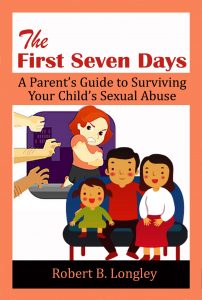survival has different definitions when it comes to life changing events. If you come out of a battle, plane crash, or tornado and are still in one piece and breathing that’s probably the most obvious level of survival. Obviously, this is a must from a perspective of continued existence. So the dust clears and you have lived to see another day, does this make you a survivor?
Let’s fast forward a few months or maybe a year. Is life back to business as usual? Or maybe you are drinking more, sleeping less, or just not able to concentrate as well as you used to. Conversely, maybe you have realized that you have been given a second chance that others didn’t get and that you need to do something with it. Has this event become a weight on your life. Or a foundation for you to build the rest of your life on?
Looking at the event a different way, do you see the event as being in the past. Or is it something that you see echoed in your daily activities, or as something that is destined to happen again? This is where the definition of survivor starts to get murky.
Different Types of Trauma
There are an unlimited combinations of experiences that people have after a traumatic event. When I was 17, I had a helicopter crash in back of my house. I was the only one there, and I was not successful in rescuing either of the occupants. It’s a very vivid image even though it happened over 35 years ago. Other than declining a couple helicopter rides over the years, it hasn’t altered the direction of my life, or how I interact with the world. Maybe it’s me, or it could be my perception of the likelihood of the event happening again.
With sexual abuse, the physical act, setting or participants are likely to present themselves in some context in the future. This is why sexual assault victims tend to relive their experiences more than others who experience traumatic events. With my helicopter incident, there are very few things that I associate to the event. With the various abuse incidents I am most familiar with, there are regular common reminders that often trigger a reaction.
Types of Survivors
So what type of survivors do you have in your family? Have you moved past the event, or is it something that follows you around waiting to be relived? Or better still have you built upon the experience and become a person that others look up to? I’ve learned over the years that often times the people who have lost the most are the ones who grew the most from the experience. We don’t have choices about the events that happen to us, but we do have choices about how we respond to them. Once you can answer the question what type of survivor you are the important question to ask is, what type of survivor do you want to be?
Let us know if we can help you dealing with your family’s sexual abuse victim situation. For ideas to get started please check out our book on what to do during the early days after disclosure.

